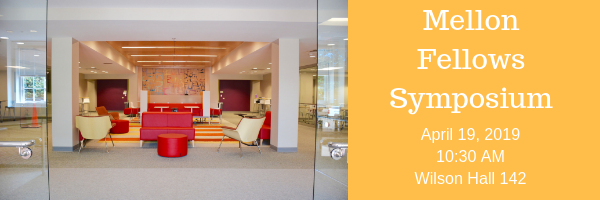
10.30-11.30am
Jennifer Rubenstein, Associate Professor, Department of Politics
"Urgency Without Emergency? Emergency Politics and Its Alternatives"
11.30am-12.30pm
Matthew Hedstrom, Associate Professor, Religious Studies and American Studies
"Spiritual Cosmopolitanism: The United Nations in US Religious Politics"
12.30-1.00pm - Lunch
Jennifer Rubenstein is an associate professor of politics at the University of Virginia specializing in political theory. Her interests include the political role and ethical responsibilities of non-governmental organizations; global justice; non-ideal theory; democratic theory (especially theories of non-electoral representation and advocacy that attend to global inequalities); theories of office, and the role of imagination and experience in politics. She has published or forthcoming articles in Journal of Politics, Journal of Political Philosophy, Journal of Social Philosophy, and the British Journal of Political Science, as well as chapters in several edited volumes. She is currently finishing a book manuscript about the political ethics of international non-governmental humanitarian organizations, entitled Between Samaritans and States: the Political Ethics of Humanitarian INGOs. Before coming to UVa she was the Cotsen-Link post-doctoral fellow in the Society of Fellows at Princeton University. She received her PhD from the University of Chicago.
Matthew Hedstrom teaches in the Department of Religious Studies and the Program in American Studies at the University of Virginia. As a historian he specializes in religion and culture in the late nineteenth and twentieth centuries. His central questions probe the intersections of American modernity and Protestant and post-Protestant religious modernity in the United States. He also has longstanding and ongoing interests in the history of the book, especially as it applies to American religious history. Race, religion and psychology, the history of spirituality, mass culture, religious liberalism, cosmopolitanism and internationalism all figure into hisresearch and teaching.

